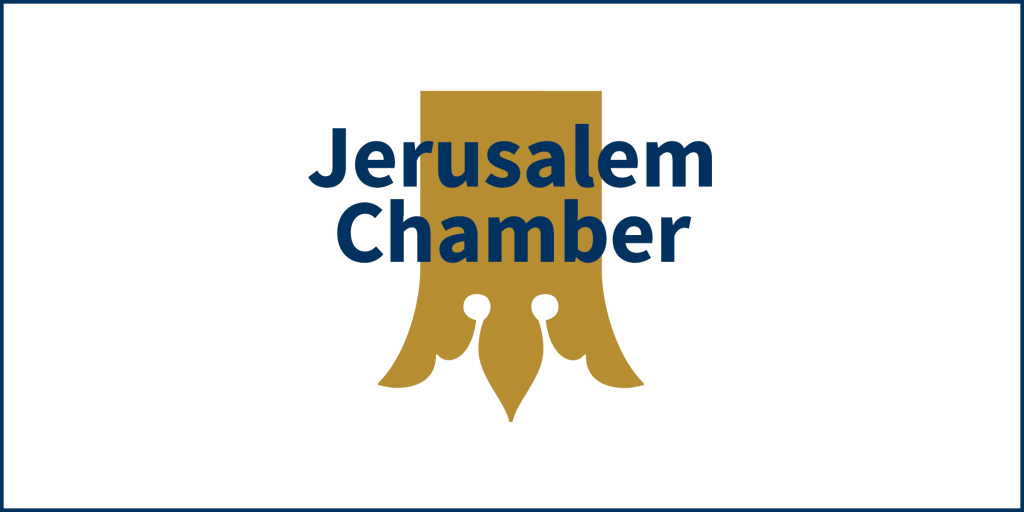You have free articles remaining this month.
Subscribe to the RP Witness for full access to new articles and the complete archives.
Different
After God had made all other creatures, he created man, male and female.…” Answer 17 of the Westminster Larger Catechism positions mankind as a distinctly different group. Man is not just another animal. He is not the highest peak to which creatures have thus far summited. No. He is the special, pinnacle creation directly from the hand of God.
The other group is the rest of the creatures made by God. When one thinks of the families of crea-tures made before, the uniqueness of humanity stands out: man who would stand in authority over all the other created order. However, another difference exists, within humanity, the difference be-tween man and woman, male and female. This is probably the most controversial topic regarding humanity in our day. God has spoken clearly through His creation; His divine power has made you who and what you are. Seek after contentment in that creational providence.
Dust
“…formed the body of the man of the dust of the ground, and the woman of the rib of the man…” (Answer 17).
“Ashes to ashes; dust to dust.” This short phrase, spoken frequently at the graveside of dead moms and dads, brothers and sisters, children and friends, is simultaneously true and encouraging. Our physical end, though temporary, is the same as our beginning: dust. But how tender and conde-scending was it in those opening days of the universe for the creator God to stoop down and scrape together the very small, frail specks of His creation, dust and human flesh, and create, through His breath of life, the most amazing and only spiritually relational part of His universe.
Dichotomy
“…endued them with living, reasonable, and immortal souls…”
And the man became a living creature, or soul. When did this Genesis 2:7 moment happen? When God had formed the body (external/physical/organic) of man together and breathed into his nostrils the breath of life (internal/spiritual/inorganic). Throughout the history of philosophies and the psy-chologies that have flowed from them, humanity has sought to explain the interrelation of the inter-nal and external, spiritual and physical aspects of our being. But this is clear: God wants our hearts to love Him and for us to lay down our bodies as a living sacrifice. In Him we live and move and have our being, which means the totality of who we are belongs to Him ontologically, in its being, and should belong to Him experientially, in our conversion.
Imago Dei
“…made them after his own image, in knowledge, righteousness and holiness, having the law of God written in their hearts and power to fulfill it…”
Having been born into the estate of sin and misery, we can hardly fathom what life was like to live out God’s image in us without sinful hindrance. To rightly process the world, understand right and wrong, and to know what it is to walk in the light—this is the stuff of an overactive imagination! Except when we are living out the purpose for which we were made. The power of the gospel is on display as we are sanctified, renewed in the inner person, to walk according to God’s will (His law), fully empowered by the Holy Spirit.
Dominion
“…with dominion over the creatures…”
Again, man is not an animal. We were put in a position of authority on earth by the Creator. As the old farmer said, “One thing you know about a turtle on a fencepost, he was put there.” Here we are, masters of the domain, and we should be struck with humility that the Sovereign has entrusted us to care for, manage, direct, and steward all of the glorious creation He made in those six days.
Danger
“…yet subject to fall.”
All of this sounds so good. Yet, we know it turned out so bad. Even if humanity stayed the course and kept obeying, this caveat, “yet subject to fall,” would have always haunted us. We know in great detail that we did fall. The Larger Catechism will break that down soon. However, we can be encouraged that God’s answer to that fall was a redemption that can never be lost.
